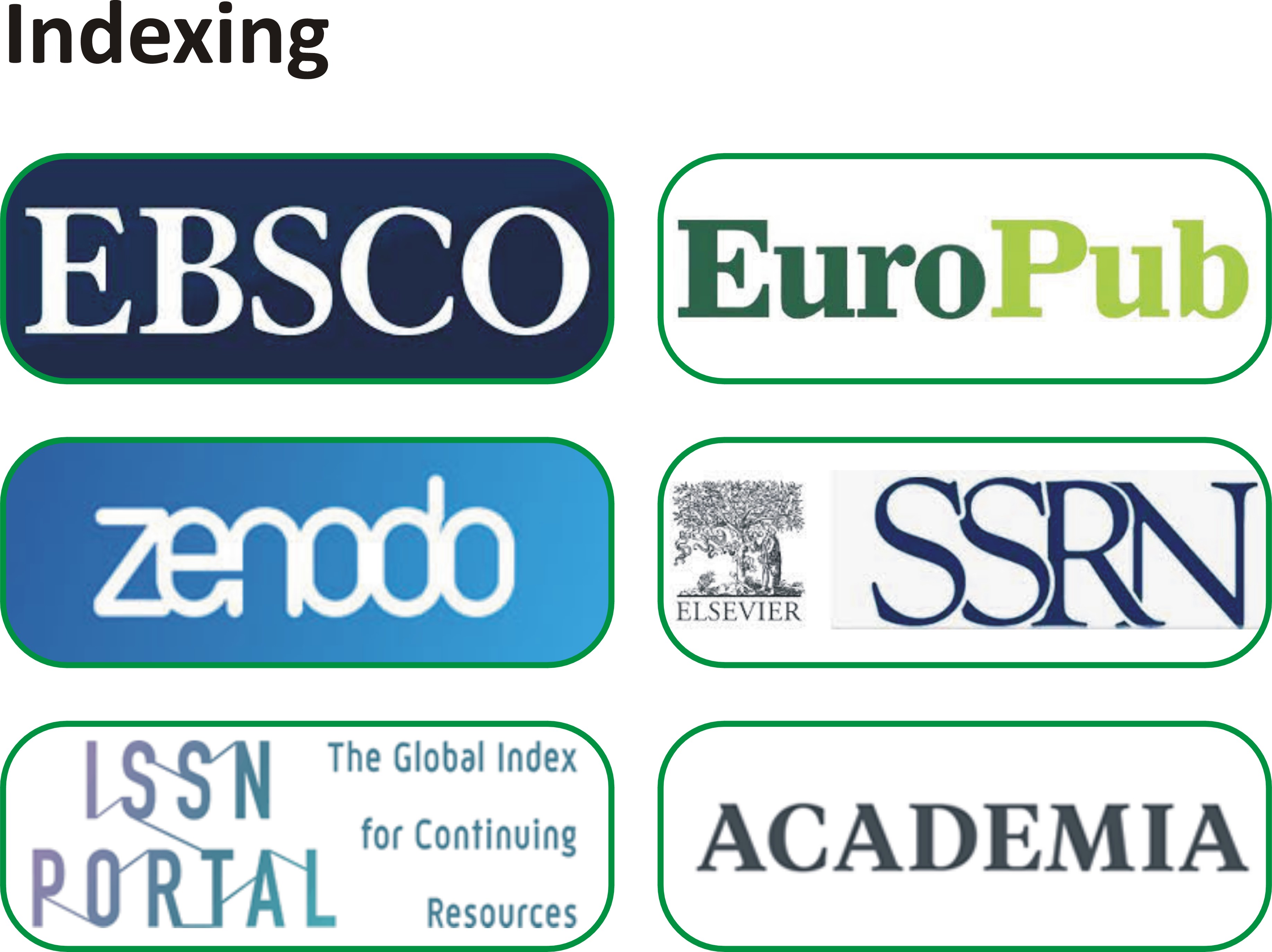Leveraging of Industry 4.0 on Supply Chain Performance
Abstract
Businesses can meet the constantly changing demands of customers and stakeholders while optimising supply chain performance with the help of Big Data's predictive insights, IoT's real-time monitoring, and AI's intelligent automation. The main goal of this study is to examine how important dependent variables—supply chain responsiveness are impacted by Industry 4.0 technologies (Big Data, IoT, and AI) and mediating impact of technology adaption & integration. In order to gain a deeper understanding of these technologies' significance in contemporary supply chain strategies, this study aims to determine how much the adoption and integration of these technologies affect supply chain operations and customer perceptions. The process of gathering data will be done by using survey or questionnaires from industrial expert. The relationships between these variables will be evaluated using statistical techniques, such as smart PLSEM. The information can be used by policymakers to create frameworks for regulations that encourage the adoption of Industry 4.0 technologies in supply chains, promoting innovation and sustainability. Supply chain professionals will learn important information about the potential advantages of adopting new technology, which will help them make investment decisions.
Copyright Notice Submission of an article implies that the work described has not been published previously (except in the form of an abstract or as part of a published lecture or academic thesis), that it is not under consideration for publication elsewhere, that its publication is approved by all authors and tacitly or explicitly by the responsible authorities where the work was carried out, and that, if accepted, will not be published elsewhere in the same form, in English or in any other language, without the written consent of the Publisher. The Editors reserve the right to edit or otherwise alter all contributions, but authors will receive proofs for approval before publication. Copyrights for articles published in IJSSA journal are retained by the authors, with first publication rights granted to the journal. The journal/publisher is not responsible for subsequent uses of the work. It is the author’s responsibility to bring an infringement action if so desired by the author.



